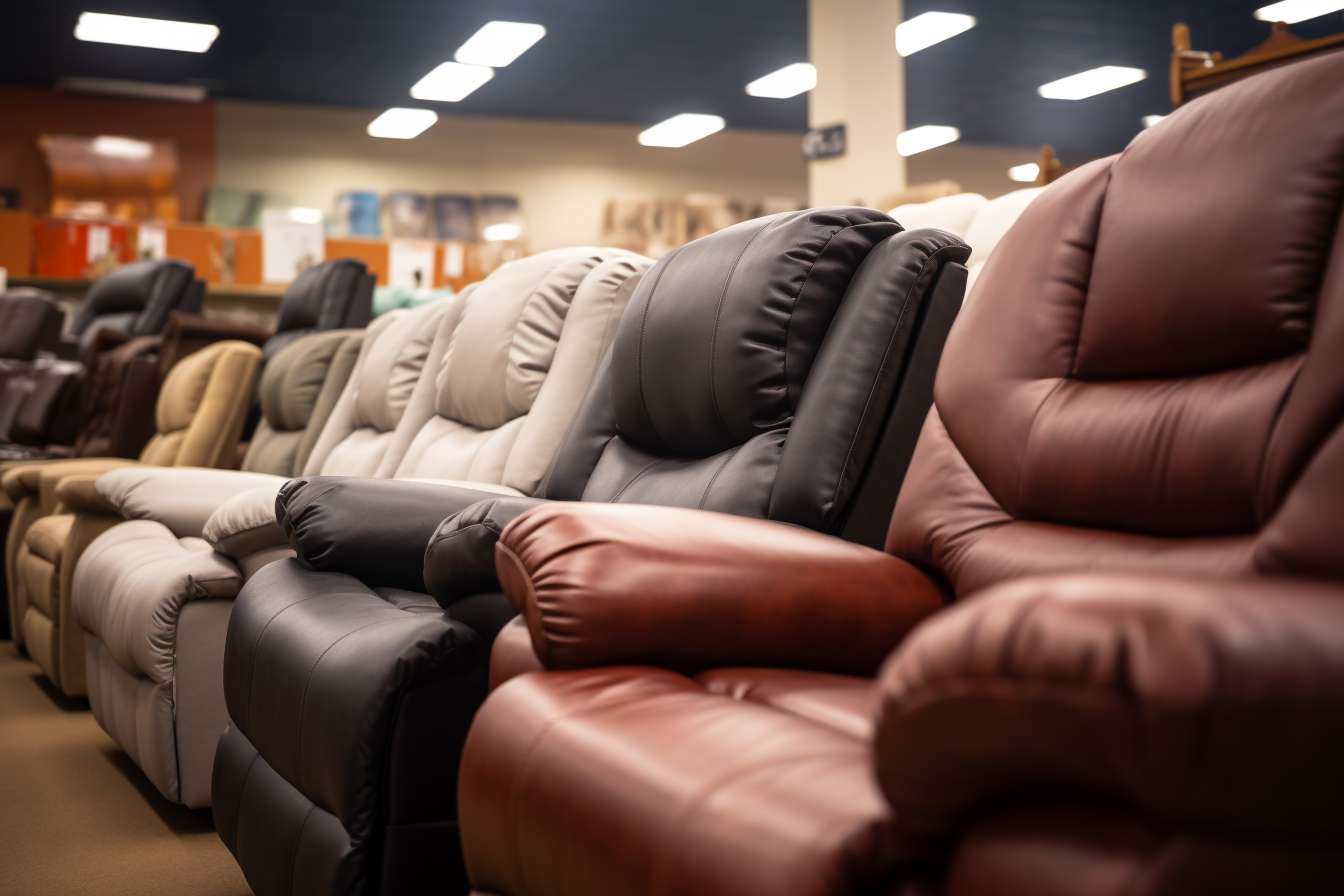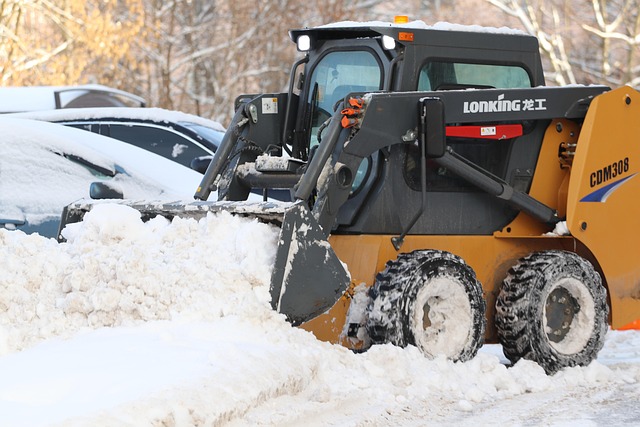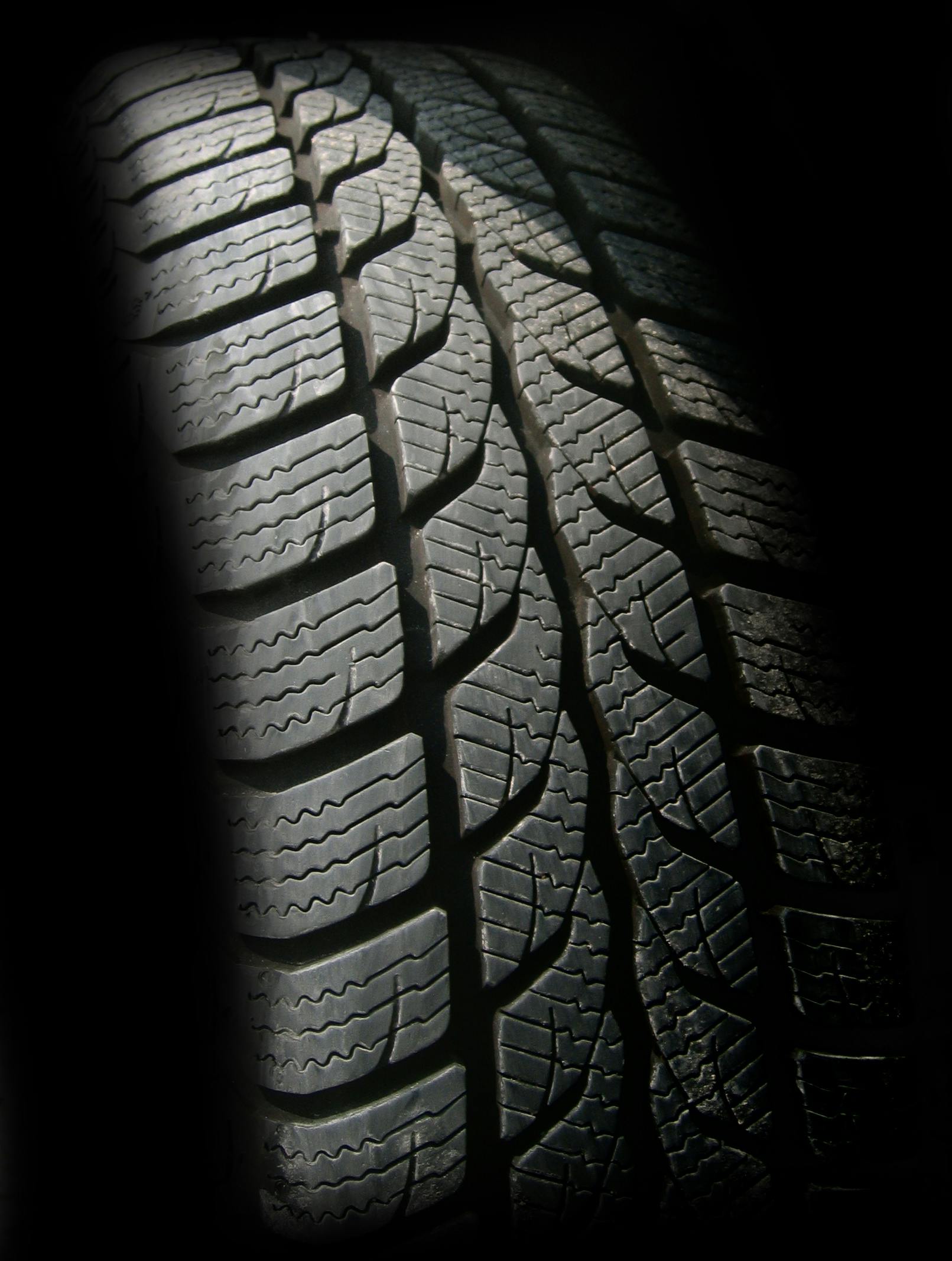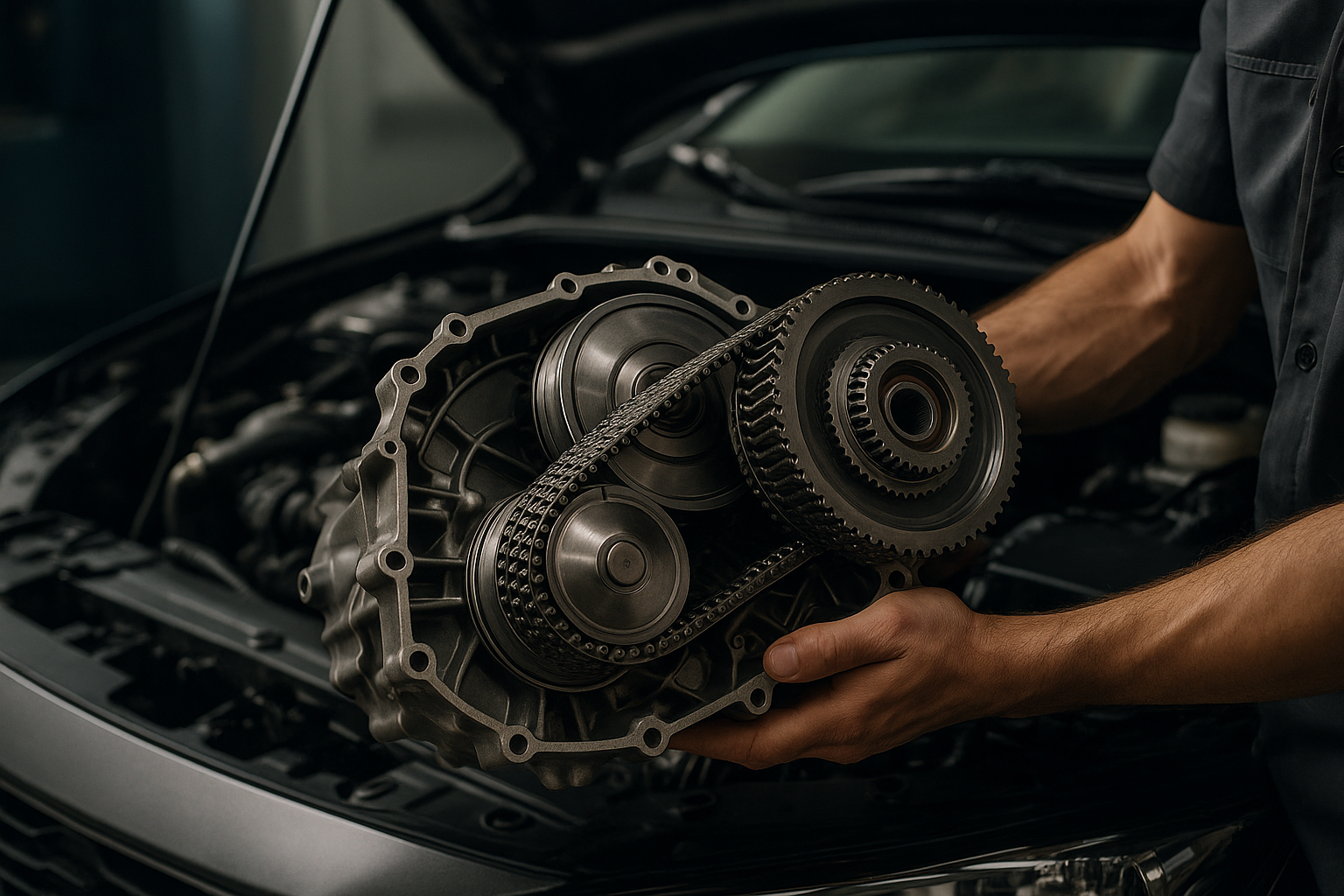Explore our comprehensive guide to the best pressure washers: electric, gas, and portable models
Pressure washers are powerful cleaning tools that use high-pressure water streams to remove dirt, grime, and debris from various surfaces. These versatile machines can tackle a wide range of cleaning tasks, from revitalizing driveways to cleaning outdoor furniture. This guide explores different types of pressure washers and provides information to help you choose the right model for your needs.
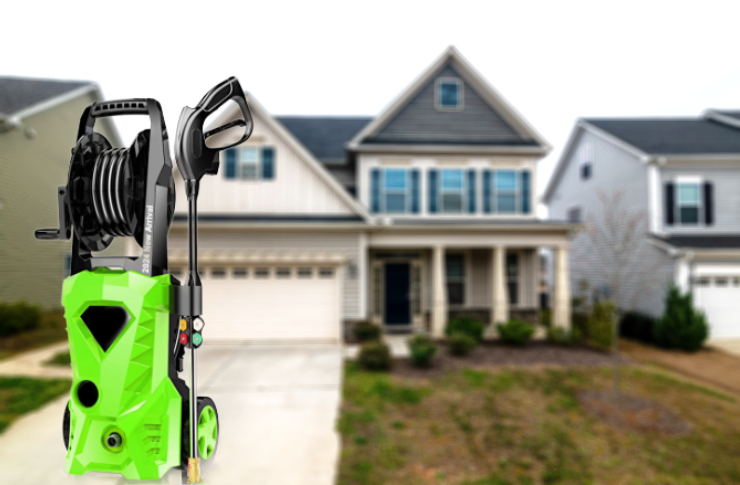
What are pressure washers and how do they work?
Pressure washers, also known as power washers, are mechanical devices that significantly amplify water pressure for cleaning purposes. They typically consist of a motor or engine, a water pump, and a high-pressure hose with a spray wand. The motor or engine powers the pump, which forces water through a small nozzle, creating a concentrated, high-pressure stream. This stream can effectively remove dirt, mold, and other contaminants from surfaces like concrete, wood, and metal.
What are the main types of pressure washers?
Pressure washers are primarily categorized into three types based on their power source and design:
-
Electric Pressure Washers: These models plug into standard electrical outlets and are suitable for light to medium-duty tasks. They are generally quieter, more compact, and require less maintenance than gas-powered units.
-
Gas-Powered Pressure Washers: Offering greater power and mobility, gas-powered models are ideal for heavy-duty cleaning jobs and commercial use. They can handle tougher stains and larger areas but tend to be louder and require more maintenance.
-
Portable Pressure Washers: These compact units are designed for easy transport and storage. They can be either electric or battery-powered and are suitable for light cleaning tasks or areas with limited access to power sources.
How do you choose the right pressure washer?
Selecting the appropriate pressure washer depends on several factors:
-
Cleaning Needs: Consider the types of surfaces you’ll be cleaning and the frequency of use. Light-duty electric models are suitable for occasional household tasks, while gas-powered units are better for frequent, heavy-duty cleaning.
-
Pressure and Flow Rate: Pressure is measured in pounds per square inch (PSI), while flow rate is measured in gallons per minute (GPM). Higher PSI and GPM ratings indicate more cleaning power but may also increase the risk of damage to delicate surfaces.
-
Portability: If you need to move the pressure washer frequently or have limited storage space, consider a compact or portable model.
-
Accessories: Look for models that come with or are compatible with various nozzles, brushes, and extension wands to increase versatility.
-
Budget: Pressure washers vary widely in price, with electric models generally being more affordable than gas-powered units.
What are the key features of high-pressure cleaning equipment?
High-pressure cleaning equipment often includes several important features:
-
Adjustable Pressure: Many models allow you to adjust the water pressure to suit different cleaning tasks and surfaces.
-
Multiple Nozzles: Interchangeable nozzles provide different spray patterns and pressures for various cleaning applications.
-
Detergent Tanks: Built-in or attachable tanks allow for easy soap application during cleaning.
-
Hose Reels: Some models feature hose reels for convenient storage and to prevent tangling.
-
Thermal Relief Systems: These systems help prevent pump damage by releasing hot water when the trigger is not engaged.
-
GFCI Protection: Electric models often include ground fault circuit interrupter (GFCI) plugs for added safety when working near water.
How do pressure washer specifications compare across models?
When comparing pressure washers, it’s important to consider their specifications and features. Here’s a comparison of typical electric, gas, and portable pressure washer models:
| Model Type | PSI Range | GPM Range | Weight | Typical Uses |
|---|---|---|---|---|
| Electric | 1300-2000 | 1.2-1.8 | 15-35 lbs | Patio furniture, cars, small decks |
| Gas | 2000-4000 | 2.0-4.0 | 50-100 lbs | Driveways, large decks, siding |
| Portable | 800-1500 | 0.8-1.2 | 10-20 lbs | Spot cleaning, RVs, boats |
Prices, rates, or cost estimates mentioned in this article are based on the latest available information but may change over time. Independent research is advised before making financial decisions.
What safety precautions should be taken when using pressure washers?
Using a pressure washer safely is crucial to prevent injury and property damage:
-
Wear protective gear, including safety glasses, closed-toe shoes, and hearing protection for gas-powered models.
-
Never point the spray wand at people, animals, or electrical devices.
-
Start with the widest spray nozzle and lowest pressure setting, gradually increasing as needed.
-
Maintain a safe distance from the surface being cleaned to avoid damage.
-
Follow manufacturer guidelines for maintenance and operation.
-
Be cautious of kickback when using high-pressure settings.
Pressure washers are valuable tools for maintaining the cleanliness and appearance of various surfaces. By understanding the different types available and considering your specific needs, you can select a model that will effectively tackle your cleaning tasks while ensuring safe and efficient operation.

